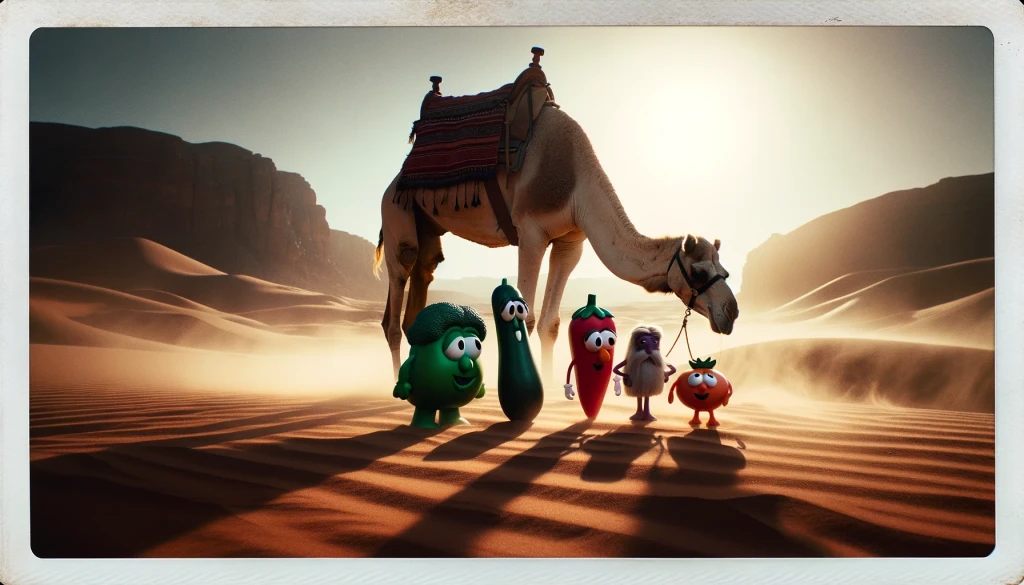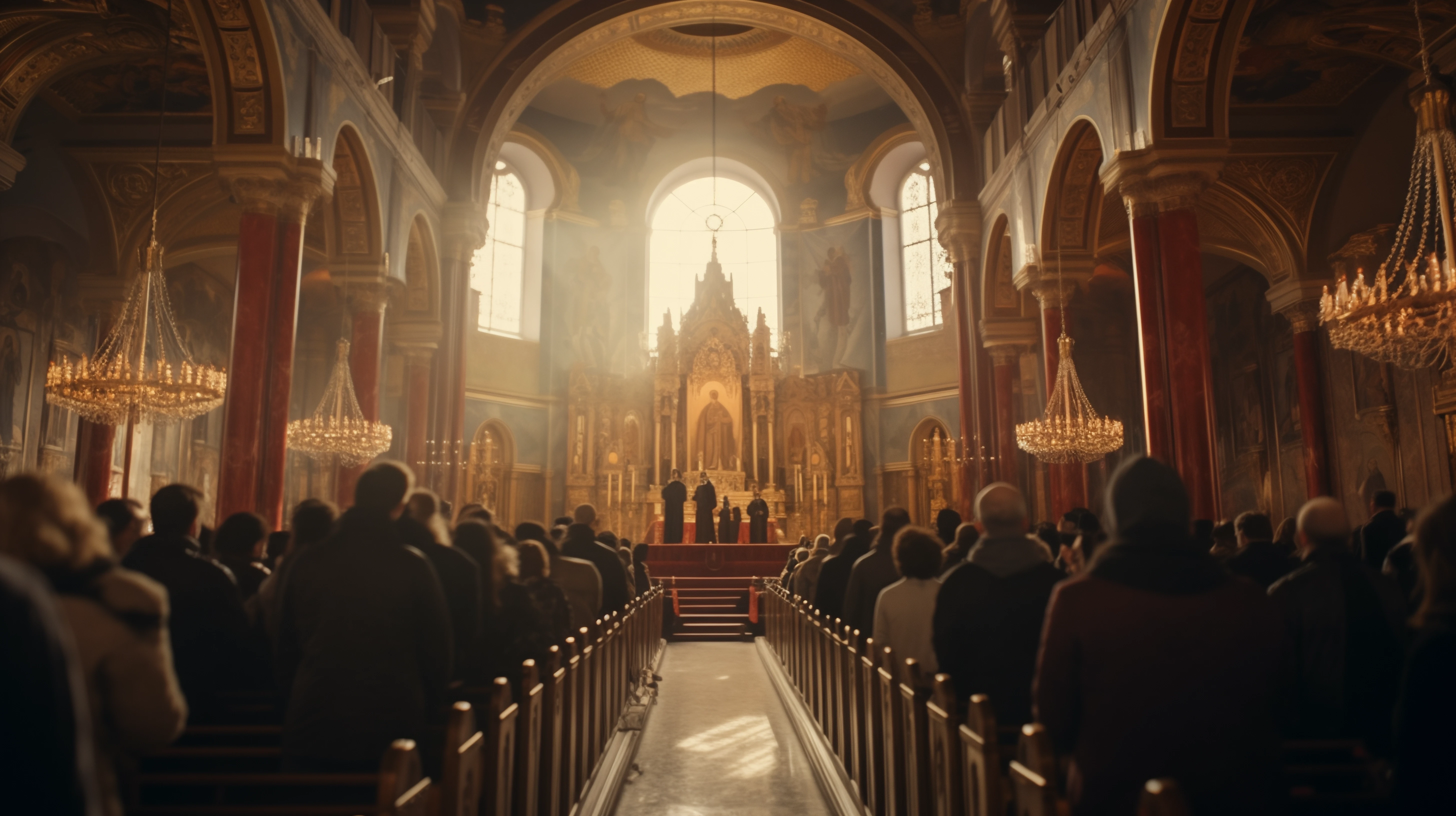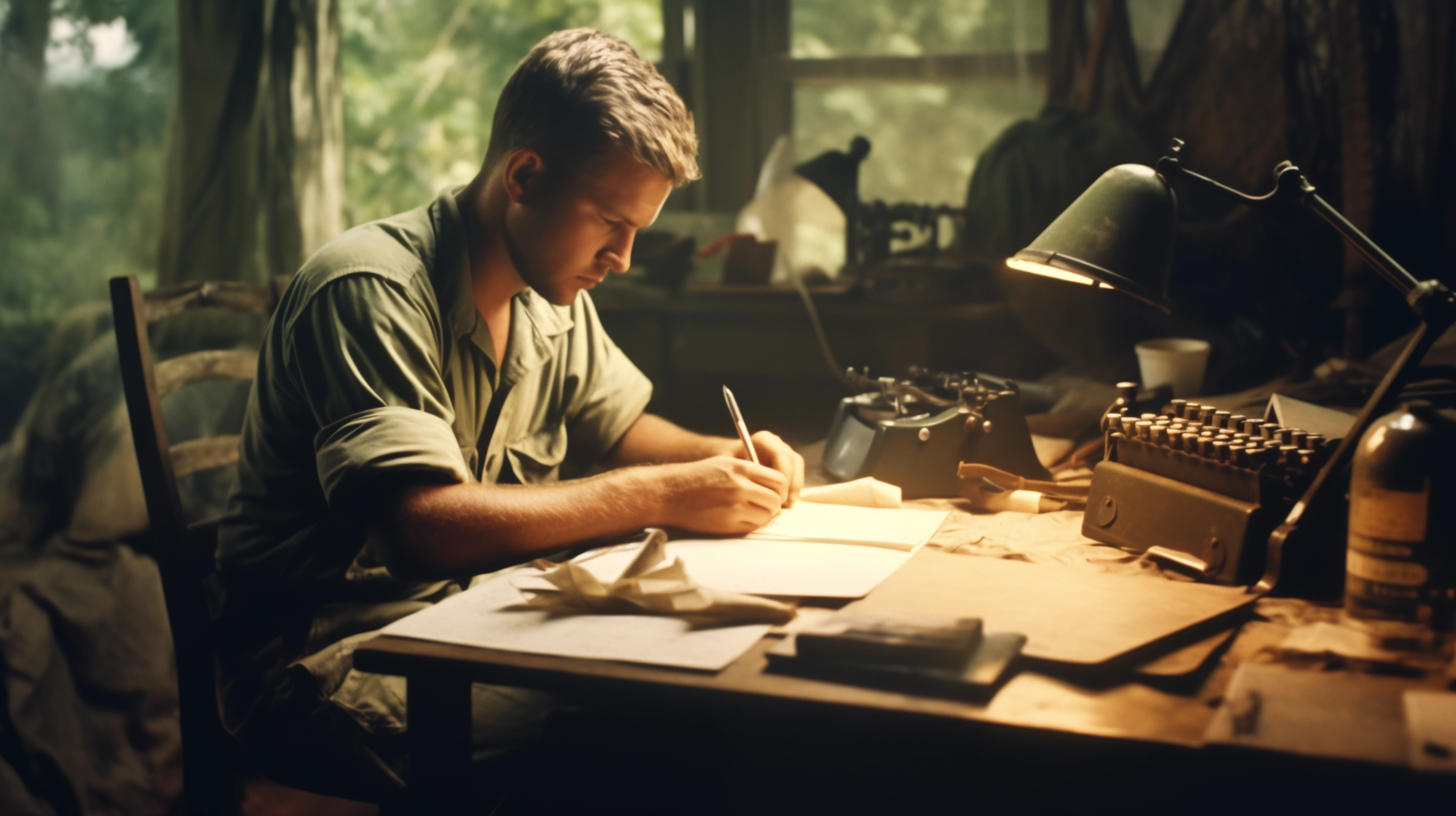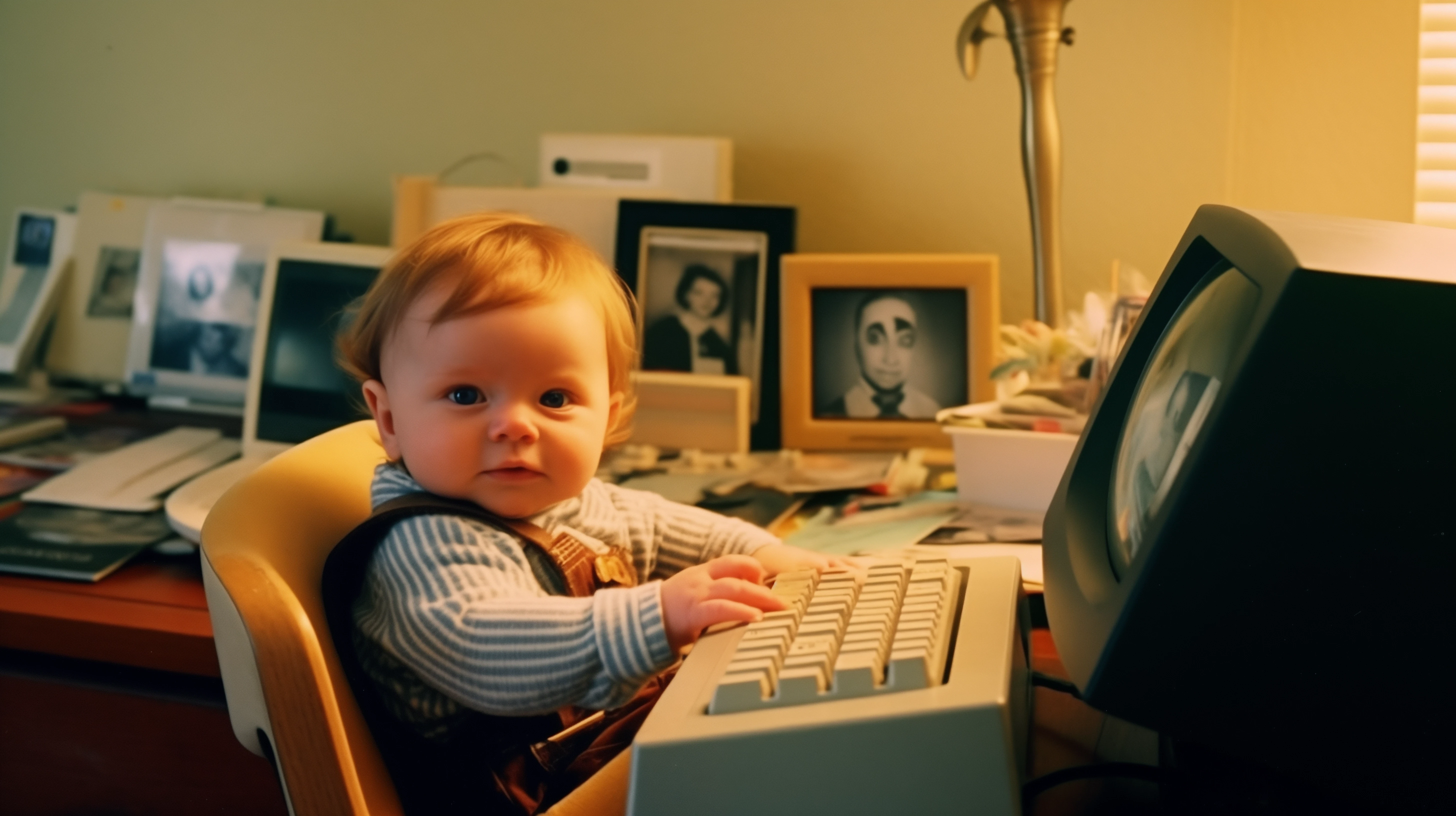Early Years

Protestant
Veggies
My life has been profoundly influenced by religious texts. From my father’s guidance, my early years were peppered with child-friendly versions of Biblical stories. More than occasionally, my dad would have bible study with us every few weeks. We’d watch religious shows like “Veggie Tales,” and as I matured, movies like “Passion of the Christ.” My dad, an evangelical Christian convert in his 40’s, saw my religious understanding and devotion paramount. My religious upbringing provided a series of filters through which I understood life and beyond. Gee would reference my development as a “Primary Discourse,” whereas Scribner would would call this an example of “Literacy as Grace.” On Sundays, our Protestant church experience—complete with hymns, sermons, prayers, communion, and tithes—added another layer to my religious literacy, in line with Gee's notion of “Secondary Discourse,” noting that literacy is more than just enculturation within the family, but also through secondary institutions.

Russian Orthodox
Communion
When attending the Orthodox church with my mother and Russian family friends, the ambiance was solemn yet captivating. The traditions were vastly different but tied me intrinsically to my Russian heritage. In reflecting on this connection, I can't help but feel that many in my generation suffer from a pervasive sense of disconnection, a malady perhaps born from the post-modern era. This affliction seemed to grip Eastern Europe the hardest, and the community-centric nature of the Orthodox church felt like a response to the nihilism left by Sovietization. A notable consequence of Sovietzation is the unitary identity and language shared among the inhabitants of the former Soviet states. In their fall, there’s a revival of the Russian Orthodox religion, spoken under a shared tongue with wildly varying ethnic peoples. In this sense, when I was in Orthodox church, though we were Belarussian, Estonian, Lithuanian, Khazak, or Ukranian, we were nonetheless one people, desperately trying to revive the vestiges of a shared religious culture killed brutally. This experience reminded me of of Anzaldua’s writing on language and identity. The annihilation of these peoples’ identity, culture and language left all them scrambling for something delicately nostalgic and transcendent together.

My Mom and I
Ice
I also do remember, on occasion, my mom reading Russian storybooks and phonics at home and in the car outside school. In our time talking, mom would often tell me about ballets, the stunning architecture, the bombastic music, and the irreplaceable Hermitage Museum in St. Petersburg. If I only I could see it. Given our world, unlikely. My mom rarely spoke about her family. Likely because she didn’t leave on the best of terms, particularly with her dad. He was a stalwart, decorated army colonel. But often cruel and insensitive. The only stories I really heard were of his hobby of plunging into frozen pond openings. Apparently he did this into his late ages. I’m unsure if he knows I exist. Even if we met, I’m ashamed to say that I can’t speak Russian, so it’d be unlikely we’d even communicate. This part of my cultural heritage is fading, a point of tension in my narrative literacy. I long for memories that aren’t mine and seemingly incompatible with the life I’ve lived in America. I wear Russian superficially. My mother’s silence about her past further adds a layer of complexity to this part of my identity.

My Dad and I
Smokey
Nobody my age could say that their dad was a Vietnam marine. I felt strange having to explain to my friends that he wasn’t my grandpa. I do have memories feeling embarrassed about it. But no one could compare the stories he told me: from the navigating the jungles of Vietnam, to telling campfire with Smokey the Bear at Mt. Lassen. He even blew up his rival high school’s sign with dynamite! My dad lived a rich life full of adventures. He was life-long teacher, even during his time in Vietnam where he taught imprisoned soldiers. My dad’s method of teaching, by nature of circumstance, was much closer to Freire’s prescription of “Problem-Posing Education.” In the brig, most of the soldiers, my dad included, were drafted; they didn’t want to be in that jungle. He wasn’t there to be authority figure — he was simply a peer helping his fellow soldiers reinvent themselves. And to that end, my dad was successful; all the men received their GEDs. My dad raised me through that same “Problem-posing” frame.

Early Education
Points
Though we have a significant age gap, one would expect my dad and I wouldn’t relate. This was partially true, but we always found unity in our love for technology. I couldn’t help it after all—he put me in front of a computer at the age of 3. He had exuberant optimism for multi-modal education mediated through technology. To that end, he introduced me to language learning games as soon as I could use a mouse and keyboard. I was enthralled not only by the computer, but the engaging games I played. It was no wonder that, as soon as I entered kindergarten, I was far ahead the rest of my class. I had an ego about it. At every opportunity, I was reading and taking Accelerated Reading comprehension quizzes to gain points in my class. I had stiff competition with a girl I had a crush on throughout elementary school: Olivia. She ended up beating me out on points, but to my credit, I did have an excuse. I split my head open on a plate of salmon. I digress.

My Childhood
Tesselation
As I reflect on the influences that have shaped my identity, I realize that I am a product of disparate worlds. These worlds aren't merely different—they often exist in tension with each other, each pulling me toward a unique set of values, traditions, and worldviews. My father's American Protestant background and teaching style based on "Problem-Posing Education" have instilled in me a sense of pragmatic idealism, while my mother's Russian Orthodox roots provide a soulful depth and a longing for a cultural narrative that I can only partially claim. The "centrifugal forces" of my mother's Russian heritage and the "centripetal forces" of my father’s American history don't clash so much as they intermingle in me, forming a complex blend that's uniquely my own. As I move forward, I recognize that my identity will continue to evolve, but it will always be framed by these foundational experiences. They serve as the lens through which I see the world, as the mosaic that is ever-growing but already beautiful in its complexity.
My Teenage Years

High School
Truant
My strong creativity made me a challenging student in school. With the exception of a few multi-modal projects, school left me feeling unfulfilled as it rarely required me to use my creativity. Gee speaks to this common experience, "We must take seriously that no matter how good our schools become, both as environments where acquisition can go on (so involving meaningful and functional settings) and where learning can go on, non-mainstream children will always have more conflicts in using and thus mastering dominant secondary discourses.” In school my traits were pathologized as “ADHD,” but as I saw it, they became assets for hyperfocus and attention to detail. Notably, I expressed my creativity through game design; and, more specifically, roleplaying games.
Video Games
Play
The most popular game I created, “Monolith: Roleplay,” allowed players to craft their backstories, talents, and motivations. Using their imagination and applied judgment, they interacted with one another in ways that would be nearly impossible in the “real world”. Players, and especially YouTubers, use my games to tell stories that would entertain while also providing valuable lessons and insights into heroism and evil. It’s dangerous to practice the extremes of human behavior in the real world. It's unsurprising that the Navy SEALs use roleplaying games as a tool to test judgment and warrior instinct in high-stakes scenarios. As I see it, roleplay serve as a compelling implementation of Vygotsky’s Zone of Proximal development. Feedback is immediate and self-mediated. It is a consequence activity putting participants in contextually rich environments. Each repetition of the act teaches entirely different, nuanced lessons. To that end, as a developer, I placed a mirror to human nature's extremes through player-driven interaction.
Self-Expression
World
The cityscape I crafted allowed players an opportunity to live and work within a gamified version of urban society. Citizens would buy real estate, set-up shops, and sell to others or trade in the city-wide bazaar called the 'Grand Exchange.' Some sold furniture, others' sold cars, and the dangerous few would sell guns and drugs. Judicious citizens oversaw law enforcement and served as police officers while others legislated under the city council or mayoral auspices. Success, whether social or financial, depended on each player's chosen life trajectory.
The extent to which players would blueprint bank robberies, develop commodity arbitrages, kidnap others, or lead cults still fascinates me. As I now understand, both creating and playing of Monolith serves as an expression of what Willis et. el call “symbolic creativity.” In this sandbox, players developed their identity, made meaning of their characters, and developed the capacity for immersive acting. The game’s nature inhabited what Willis et. al refers to as “grounded aesthetics,” which is to say, the game facilitated the “… specifically creative and dynamic moments of a whole process of cultural life, of cultural birth and rebirth.” Players were not merely participants in the world; they were the world. Through that process of immersion, players were able to better understand the world around them, and conversely, understand themselves.
The Consequences
Drive
In designing the game, I employed what Bogdan & Biklen refer to as analytic reflection. My game often led me to question emerging patterns and connections. What was it that drove players to kill one another? To break the law? To follow the law? Though I don’t have a definite answer, I do know that 'Monolith' sharpened the imagination of the first-ever digital generation and provided a productive escape for myself and thousands of others. Through this lens, I see my games not merely as a creative output but as a vital tool for understanding cognition, capturing the complexities of human nature, and thereby contributing to the larger discourse on human behavior.
Conclusion

Synthesis
Mirror
In sum, my journey through life has been an intricate tapestry of influences that have honed my literacy in ways both traditional and unexpected. The evangelical guidance of my father, the cultural depth of my mother's Russian Orthodox roots, and the liberating ethos of my own creative pursuits have collectively framed my understanding of the world. Whether it's engaging in theological discussions, reconnecting with my Eastern European heritage, or experimenting with the bounds of human nature through game design, each chapter of my life has added a unique pattern to my ever-evolving mosaic of identity. I've come to appreciate that literacy isn't just about reading and writing—it's an ongoing process of interpreting and being interpreted by the world. My father's "Problem-Posing Education," my mother's unspoken complexities, and my own explorations in game design reflect different forms of literacy that shape who I am. They are the complex variables in an equation that is always in flux but offers a coherent solution: a nuanced, multifaceted individual who is ever-curious, deeply reflective, and unafraid of the tensions that make life rich and instructive.
Citation in APA 7
Anzaldua, G. (n.d.). How to Tame a Wild Tongue.
Bahtin, M. M., & Holquist, M. (2020). The Dialogic Imagination: Four Essays. University of Texas press.
Bogdan, R. C., & Biklen, S. K. (2006). Qualitative Research for Education: An Introduction to Theory and Methods. Pearson International Edition.
Freire, P. (1972). Pedagogy of the Oppressed. Penguin Education.
Gee. (1989). What is Literacy? (Vol. 171). Boston University.
Scribner, S. (1984). Literacy in Three Metaphors (Ser. American Journal of Education). University of Chicago Press.
Vygotsky, L. (1978). Zone of Proximal Development: A New Approach, 8–17.